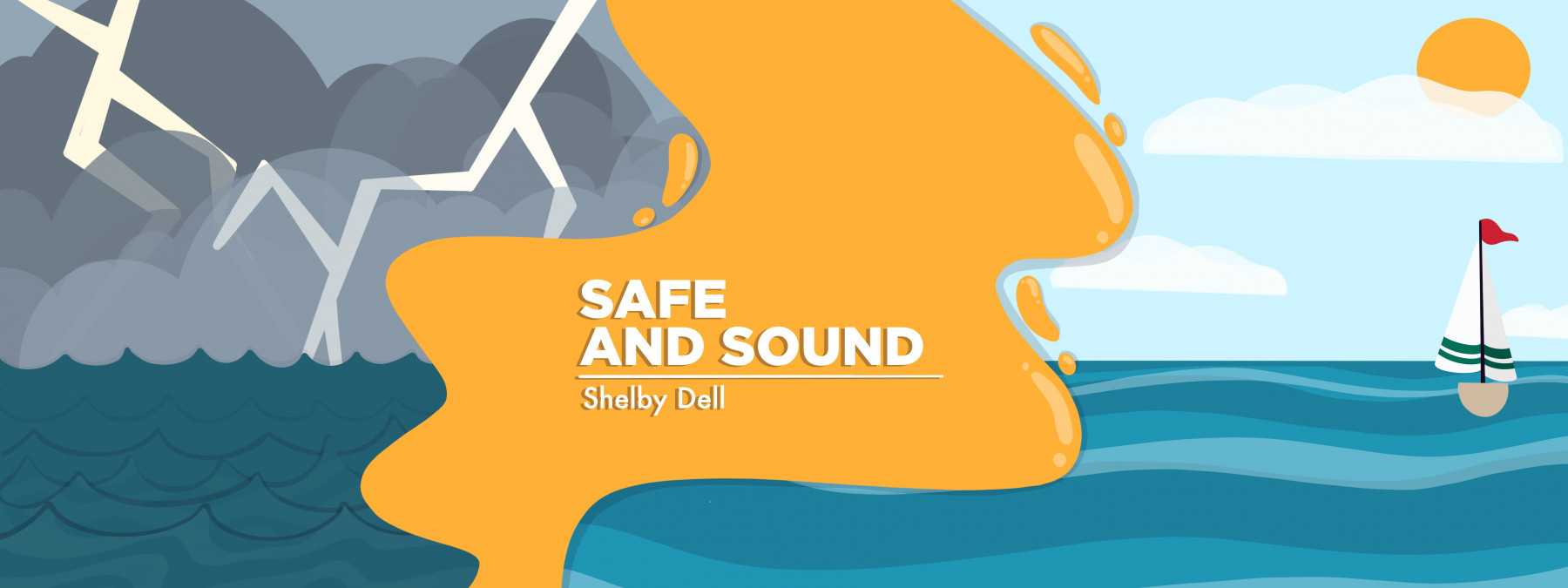For Anxious Siblings and Their Parents
Written by |

In my last column, I talked about how having a brother with cystic fibrosis affected my mental health growing up. In this one, I’d like to discuss how anxiety manifested for me as a child, and how it still affects me today.
It’s important to mention that anxiety has a tight grip on many members of my extended family, so while genetics likely has a lot to do with it, CF has been my anxiety’s focus for much of my life.
When I look back to my childhood and my first memories of feeling anxious, I immediately think of sleeping on the floor near my parents’ bed. It started out like most young children — by crawling into bed with them when I had a nightmare.
I had recurring nightmares about my brother, Brad. In one, he would have an asthma attack while we were downstairs playing. My parents couldn’t hear me yelling for them from downstairs, and I couldn’t figure out how to use the phone to call 911. So, I would just watch as he died on the couch.
In another, he couldn’t breathe while I was watching him alone, so I had to drive him to the hospital but didn’t know how to drive. We would end up careening down a hill, past the hospital, over and over again.
As I got older and my parents became less patient with me waking them up in the middle of the night after every nightmare, they said that if I was really scared, I could sleep on the floor to be near them. But I wasn’t allowed to wake them up anymore.
Eventually, I became worried that one of them would die in their sleep, so I would stand at their door like a creep until I could hear both of them breathing. Then I’d go check on Brad to make sure he was breathing. I’d spend the rest of the night sleeping on the hallway floor between the two doors.
The last time I remember sleeping in the hallway to make sure everyone wasn’t dead, I was 15 — too old for this to be anywhere near normal. One year later, I was diagnosed with depression and anxiety.
Today, my anxiety struggles have more to do with everyday tasks and responsibilities, but in the back of my mind I fear that Brad will go into lung transplant rejection, which happens when a person’s immune system attacks their transplanted lungs because they carry different DNA.
It was difficult for me when he received his double-lung transplant because everyone was so excited and happy, yet all I felt was crippling anxiety. We had just spent weeks in the ICU, unsure if Brad would make it out of the hospital. Eventually, I will write about that experience, the scariest period of my life.
Thinking about him going back into the hospital due to rejection has been the source of many sleepless nights for me. I have flashbacks to moments from those weeks, which caused me to finally be prescribed an anti-anxiety medication.
I would encourage any parent who notices signs of anxiety in their children to get them help sooner rather than later. Remember that your children may not know how to tell you they are feeling anxious. They may tell you without words that they’re feeling worried or afraid through lots of visits to the nurse’s office at school, unexplained anger, stomachaches for seemingly no reason, and so on. It’s a difficult emotion to describe when you’re a child, and I don’t think I even tried to explain it to my parents.
The U.S. Centers for Disease Control and Prevention offers tips on how to look for signs of depression and anxiety in children, and how to get your kids help if you fear they’re suffering.
***
Note: Cystic Fibrosis News Today is strictly a news and information website about the disease. It does not provide medical advice, diagnosis, or treatment. This content is not intended to be a substitute for professional medical advice, diagnosis, or treatment. Always seek the advice of your physician or other qualified health provider with any questions you may have regarding a medical condition. Never disregard professional medical advice or delay in seeking it because of something you have read on this website. The opinions expressed in this column are not those of Cystic Fibrosis News Today, or its parent company, Bionews, and are intended to spark discussion about issues pertaining to cystic fibrosis.








Joe. Pierce
Thanks for sharing this. Very helpful!